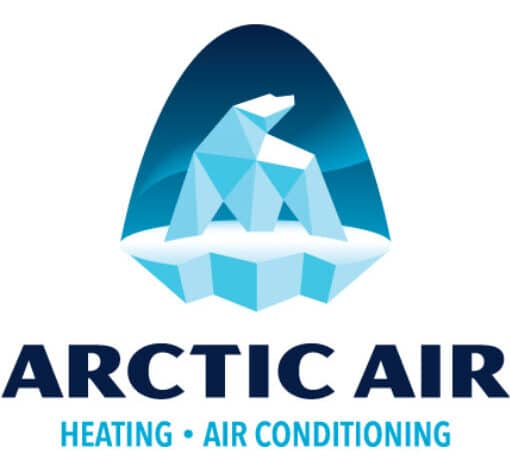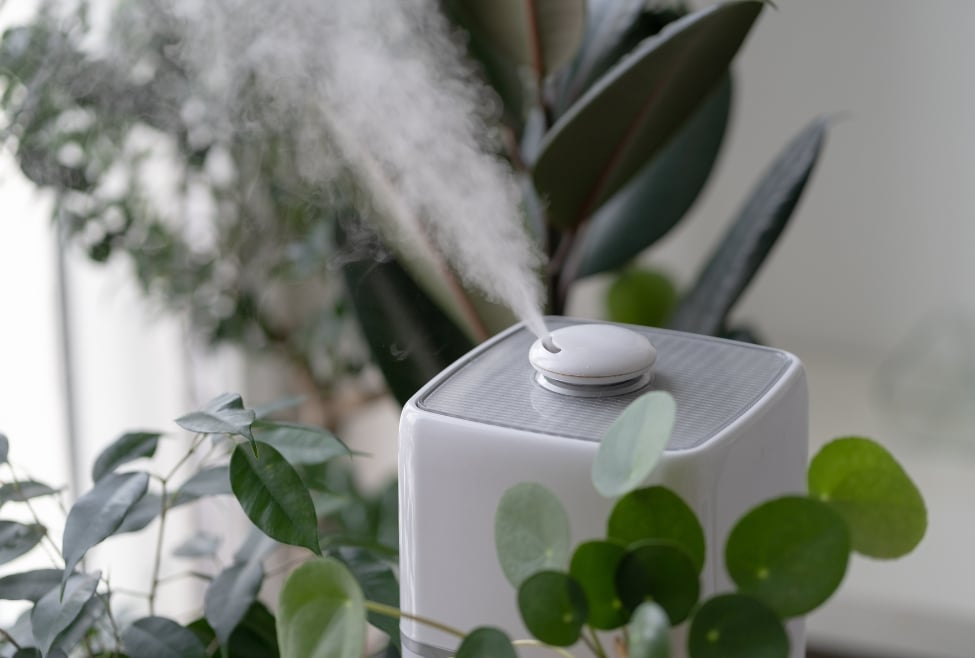Can Air Conditioning Make You Sick?
Exploring the Connection and How to Prevent It
When the temperatures rise, air conditioning becomes a lifesaver for many homeowners. However, have you ever wondered, “Can air conditioning make you sick?” The short answer is yes—air conditioning can contribute to health issues if not properly maintained. But don’t worry! Understanding how air conditioning can impact your health, and knowing the proper steps to take, can help you enjoy the cool air without any harmful side effects.
How Can Air Conditioning Affect Your Health?
Air conditioning units are designed to cool and circulate the air inside your home, but if not properly maintained, they can become a breeding ground for allergens and bacteria. Here’s how:
- Dry Air and Respiratory Issues: Air conditioning systems can dry out the air in your home, leading to irritation in your respiratory system. Dryness can cause sore throats, nasal congestion, and coughing. If you already suffer from allergies or asthma, the dry air can make it harder to breathe and worsen symptoms.
- Increased Allergens and Dust: If the filters in your air conditioning system aren’t regularly cleaned or replaced, dust, dirt, and allergens can accumulate and be circulated throughout your home. This can exacerbate allergies or even lead to new respiratory issues. Common allergens include pollen, pet dander, and mold spores.
- Mold Growth: When the air conditioner’s coils are dirty, moisture can build up, creating the perfect environment for mold and mildew to grow. Breathing in mold spores can trigger asthma, allergies, and other respiratory conditions. If you notice musty smells around your air conditioner, it may be a sign of mold.
- Poor Ventilation: An air conditioner that doesn’t properly circulate air can result in poor indoor air quality. Insufficient airflow and trapped contaminants can make the air in your home stale, potentially leading to headaches, fatigue, and difficulty breathing.
What Can You Do to Prevent Health Problems from Your AC?
Fortunately, you don’t have to suffer from the negative effects of air conditioning. Regular maintenance is key to keeping your HVAC system running smoothly and minimizing the risk of health issues. Here are a few tips:
- Regular Filter Changes: Change your air conditioning filters every 1-3 months to keep your system running efficiently and prevent the buildup of dust and allergens. Regular filter replacement ensures the air circulating through your home is clean and healthy.
- Clean Coils and Drain Pans: If mold or bacteria build up on the coils or drain pans, they can release harmful particles into the air. Schedule routine maintenance with an expert from Arctic Air to clean these parts of your system and ensure the air stays fresh.
- Increase Humidity Control: If your air conditioner is drying out the air too much, consider investing in a humidifier. Proper humidity levels can prevent irritation and dryness in your respiratory system.
- Improve Ventilation: Ensure your system is properly ventilated to allow fresh air into your home. This will help improve air quality and reduce the risk of stale, contaminated air circulating.
- Schedule Professional Maintenance: Regular HVAC maintenance is essential for ensuring your air conditioner is working properly and not spreading dust, allergens, or bacteria. Technicians from Arctic Air in Palmdale, Lancaster, Rosamond, and surrounding areas can inspect and clean your system, replacing filters and addressing any issues before they become health hazards.
The Importance of Air Quality and HVAC System Maintenance
Proper maintenance of your HVAC system can help ensure your air conditioning unit does not become a source of sickness. Arctic Air is proud to offer comprehensive air conditioning repair, maintenance, and installation services in Quartz Hill, Rosamond, Acton, Tehachapi, Littlerock, and Mojave. Our skilled technicians will inspect your system, change your filters, clean your coils, and check for any potential issues that could affect your health.
If you’re experiencing poor air quality or suspect that your air conditioning system may be making you sick, it’s time to take action. Call Arctic Air today to schedule an appointment and ensure your air conditioning unit is working at its best.
Take Control of Your Indoor Air Quality Today
Air conditioning is a wonderful solution for keeping your home cool, but it’s important to maintain it properly to avoid health issues. Regular maintenance, clean filters, and ensuring proper ventilation can significantly reduce the risk of illness caused by your air conditioning system. If you need help with HVAC maintenance or have concerns about your air quality, Arctic Air is here to help.
Contact us to learn more about how we can help you maintain a healthy home environment through quality HVAC services in your area.
FAQs
Can sleeping with AC on make you sick?
While sleeping with the AC on can provide comfort, it can potentially lead to health issues if your air conditioning system is not well-maintained. A dirty or improperly serviced unit can circulate dust, allergens, and bacteria, which may irritate your respiratory system, causing symptoms like a sore throat, congestion, or coughing. To avoid this, ensure your AC unit is regularly serviced and that the filters are changed regularly to maintain clean air.
Can you get sick from being in AC too long?
Prolonged exposure to air conditioning can cause a variety of health issues. Air conditioners can dry out the air, leading to dry skin, irritated eyes, and respiratory issues. Additionally, if the air conditioning unit is not maintained properly, it could circulate bacteria, mold, or allergens that may worsen allergies or asthma. It’s important to keep your AC system clean and properly maintained to reduce the risk of becoming sick from prolonged exposure.
Is it better to sleep with a fan or air conditioner?
Choosing between a fan and an air conditioner largely depends on personal preference and comfort. While fans circulate air and provide a cooling effect by increasing airflow, air conditioners cool the room and dehumidify the air, providing a more consistent and comfortable environment. If you are sensitive to allergens or need more control over the temperature, sleeping with the AC on may be more beneficial. However, always make sure the AC is well-maintained to avoid circulating allergens or dust.
Why can’t I breathe properly in an AC room?
If you’re experiencing difficulty breathing in an AC room, it could be due to several factors. Dry air from the AC can irritate your nasal passages and throat, making it harder to breathe. Alternatively, if the AC unit is clogged with dust or mold, it may be circulating these particles into the air, which can worsen respiratory issues, especially for those with asthma or allergies. Regular HVAC maintenance and filter changes can help improve air quality and make breathing easier.
What is the best AC temperature for humans?
The ideal air conditioning temperature for comfort and health is typically between 72°F and 78°F (22°C – 25°C). Setting your thermostat to a moderate temperature within this range will keep your environment comfortable while avoiding excessive cooling that can lead to dryness or respiratory issues. For optimal health, it’s also recommended to avoid sudden temperature changes and to maintain a steady, comfortable indoor climate.


